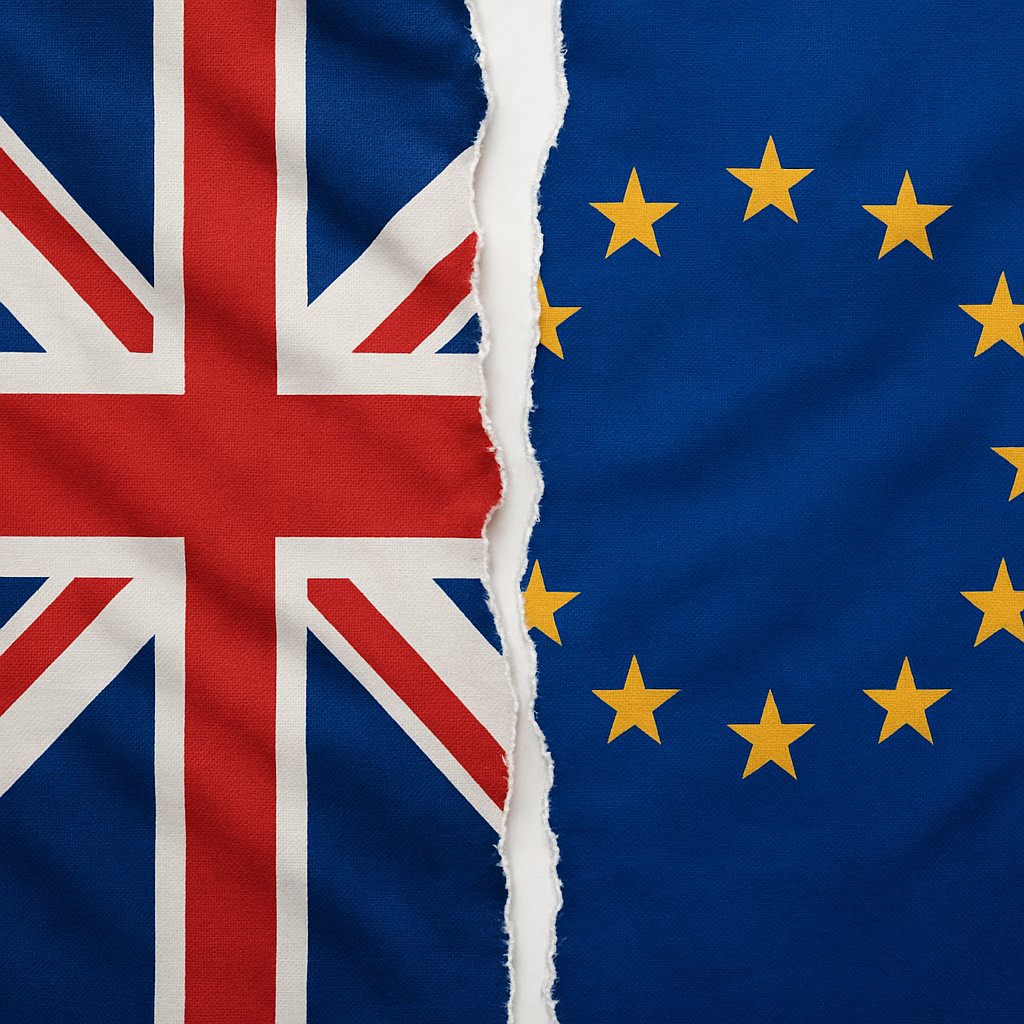(Publ. 31 MAY 2019) On April 15, the Council of the European Union voted to modernize the rules for copyrighted material on the internet. The purpose of the new directive is to ensure economic compensation for people who have created texts, images and such, when their material is uploaded online by someone else. This aims to strengthen the copyright for publishers, media, cultural institutions, researchers and more. The rules apply to commercial companies, primarily content platforms, but individual internet users are excluded. The EU Member States now have 24 months to adapt their local legislation to the directive.
The content platforms will be held responsible…
The content platforms, such as Google, Youtube, Facebook and other social media, will be held responsible when copyrighted material (images, music, texts, videos etc) is uploaded by users without rights to the material. This responsibility may mean that the platform companies will sign agreements with different organisations for right holders and remunerate them for the use of their materials. Another possible solution will be to introduce a digital filter that prevents users from uploading of copyrighted material. However, the latter is not a requirement.
…but this does not apply to private individuals
The individual internet users’ rights to upload material in order to quote, criticize or review are not affected. This applies to for example memes, GIFs, parodies, caricatures and such. The new copyright rules are also eased for small, new and non-commercial platforms. I.e. platforms that have been in operation for less than three years, have lower sales than EUR 10 million annually or less than 5 million unique visitors each month.
The rules on uploading of unauthorized material are stated in Article 17.
Content creators may claim remuneration for their content – but private individuals are excluded
Media companies will now be able to seek economic compensation when their copyrighted material that is uploaded and shared on certain kinds of platforms. The media companies therefore have the right to payment when longer extracts from articles are copied and shared on the large platforms. The right applies for two years from January 1 of the year after the publication of the article. Regarding private or non-commercial use of press publications by individual users, are these excluded from the rules. This also applies to hyperlinking to press publishing as well as dissemination of single words or very short excerpts from a press publication. The rules about remuneration for linking are stated in Article 15.
The Directive will be implemented in the Swedish legislation
The EU Member States now have 24 months to incorporate the rules in their national copyright laws. Since it is a directive and not a regulation, there is some room for the member states to find their own solutions in their legislation for several of the rules of the Directive.
It was in September 2016 that the European Commission proposed modernising and adapting the EU Copyright rules to fit the digital development. On April 15, 2019, the directive was finally voted in the EU Council with votes 19-6. Sweden was one of the six countries that voted against the directive, which also did Italy, Luxembourg, the Netherlands, Poland and Finland.





















